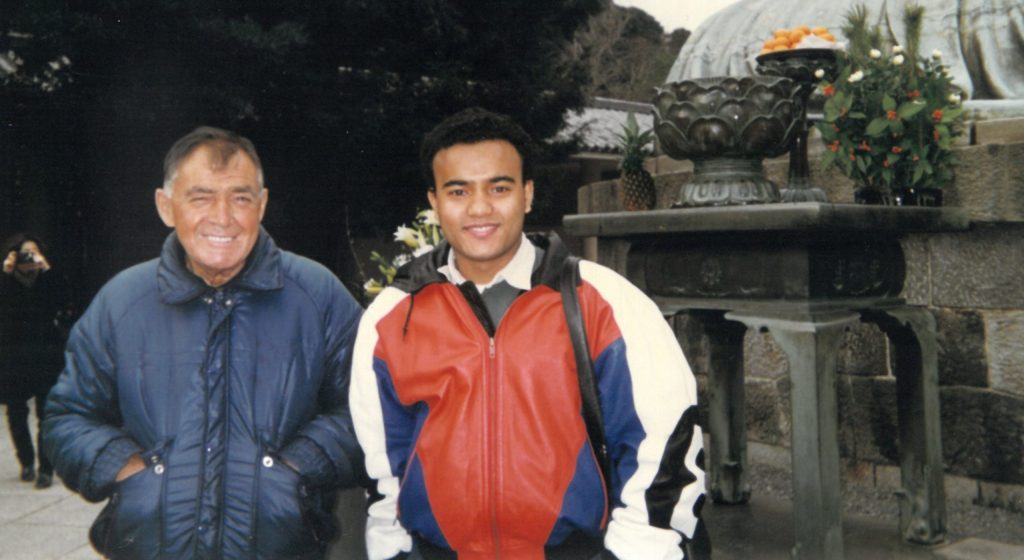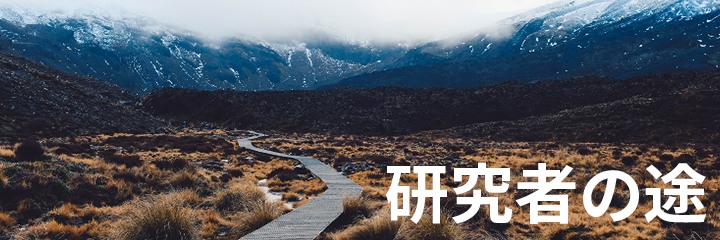Last year, Dr Hom Bahadur Rijal, Editorial Board Member (EBM) for Energies and long-time contributor of MDPI, was elected Dean of the Graduate School of Environmental and Information Studies at Tokyo City University. We were lucky enough to have an interview with him to learn about his amazing journey to becoming a scholar and ask him for his thoughts and advice for early career researchers.
1992 Graduated from Department of Architecture, Institute of Engineering, Tribhuvan University (Nepal)
1994 Graduated from Asuka Gakuin
1998 Graduated from Shibaura Institute of Technology
2000 MEng, Kyoto University, Graduate School of Engineering, Department of Global Environment Engineering
2004 Ph.D., Graduate School of Engineering, Kyoto University
2004 JSPS Postdoctoral fellow at Kyoto University
2006 Postdoctoral Fellow, Oxford Brookes University
2009 Postdoctoral Fellow, The University of Tokyo
2010 Lecturer, Tokyo City University
2012 Associate Professor, Tokyo City University
2017 Professor, Tokyo City University
2019 Head of Department of Restoration Ecology and Built Environment, Tokyo City University
2022 Dean, Graduate School of Environmental and Information Studies, Tokyo City University
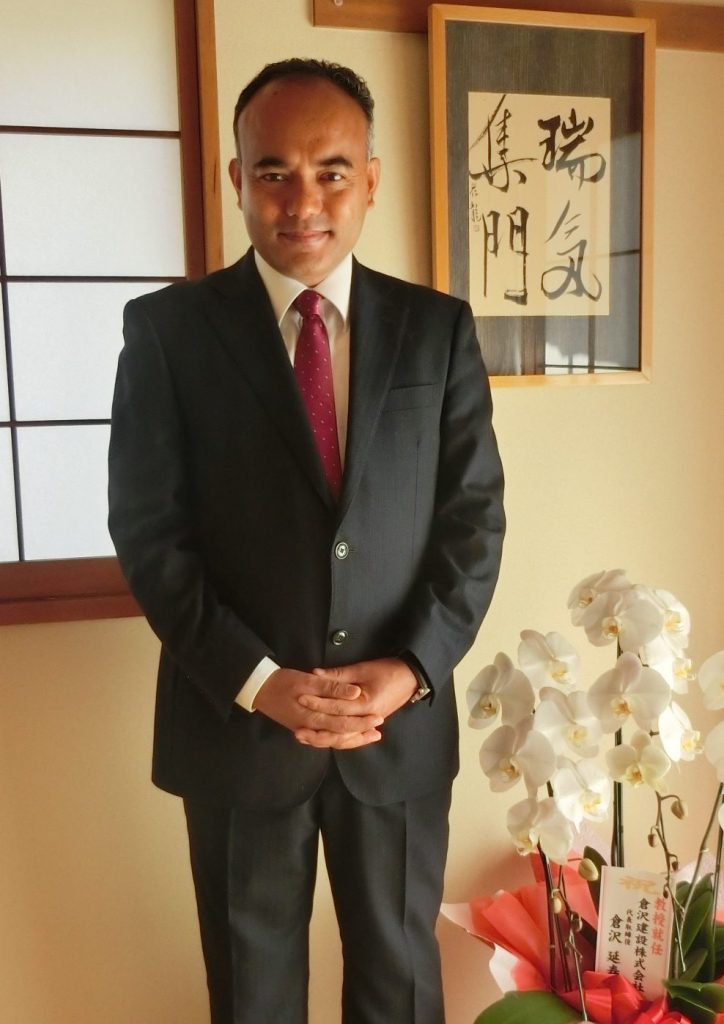
Never thought he would become a professor
When Dr Rijal told his parents in 2017 that he had become professor at Tokyo City University, they asked him, “What is that? Is that like a headmaster?”
Hailing from a remote village in Nepal, the world of academia was far removed from their own.
Dr Rijal himself never thought he would be a professor one day, let alone the Dean of his graduate school in a university in Japan.
Having started from working at an ice-cream shop and as an elevator boy for 16 hours a day to raise money for his university fees, even his choice of field was due to a chance conversation.
A friend of a friend had come by to eat ice-cream and told him that if he studied architecture, he could one day work in an office.
“The thought of wearing a necktie and working in an air-conditioned office sounded fantastic to me,” Dr Rijal explained.
When he came to Japan, he went to the Shibaura Institute of Technology with the goal of studying architecture, and would tell people that he wanted to design and construct buildings.
However, this changed during his Master’s.
Like many foreign students, Dr Rijal opted to further his academic studies, having been told by a professor that even if he wound up going back to Nepal, having a postgraduate degree would always be advantageous.
The deeper he got into his studies, through publishing papers and presenting at conferences, the more he realized that he was actually interested in research rather than making or designing buildings.
Finding his field
Dr Rijal’s field is environmental architecture studies. This choice was partially influenced by the rise in the issue of climate change in the 1990s, marked by events such as the signing of the Kyoto Protocol while he was doing his bachelor.
However, finding his research field was not easy.
When Dr Rijal started his Masters in Kyoto University, like many others, he struggled to fix his research topic. He would read many papers to formulate an idea and present it to his supervisor only for it to be rejected.
“This went on for a few months: every week we would meet, I’d propose a topic and he’d reject it,” Dr Rijal recalls with a laugh.
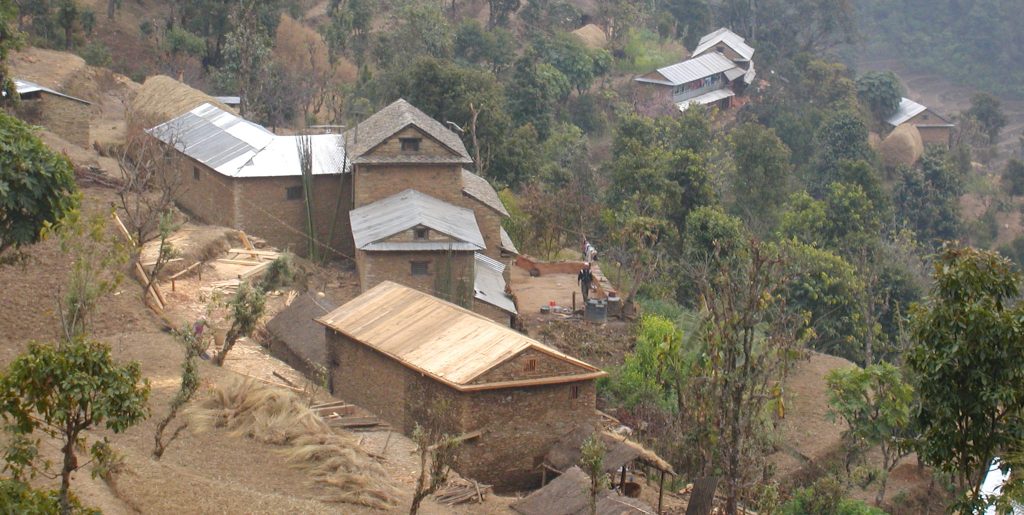
One day, he was showing his friend from the UK a photo of his village. Thinking nothing of it, the young Dr Rijal was simply sharing a part of his life back home and explaining how they lived in his village. His friend, however, was captivated, having never seen such buildings.
This sparked an idea: there are different types of houses in Nepal depending on the region – the North, the South, the middle, hills, mountainous regions each with its different climates, people, and cultures.
Nobody had done this sort of research in Nepal, and so he proposed it to his supervisor.
This was accepted, and it became the focus of his Master’s and PhD research.
His current research has carried on from there, focusing on traditional buildings and how they are thermally adapted to the climate and culture.
All of this had stemmed from this one seemingly innocuous chat with a friend over a photograph.
As he puts it, “When I was wondering what I should do, somebody gave me an idea that I liked, and then my research field changed influenced by these people.”
The importance of practical education
One other reason that Dr Rijal gave for going on to pursue a Master’s was due to what he perceives to be a weakness in the current education system. While it allows for people to learn a wide range of subjects during their time as undergrads, students graduate without any practical skills.
He attributes this to the kenshu system of Japanese companies, wherein employees receive practical education on “how to work” in that particular company for the first few months.
As a result, in his fourth year as an undergrad, he had no confidence in his own abilities to do anything.
Thanks to this experience, Dr Rijal is a firm believer in allowing students to experience as much as possible, as early as possible.
Since 2010, when he joined Tokyo City University, he actively encourages his students to present at conferences, starting from as early as from third-year undergrads.
This is an especially daunting undertaking for third-year students, because to even submit a research paper requires multiple revisions, while presenting also requires many practice sessions.
However, Dr Rijal explains that he sees a clear, positive impact on those who do get involved.
Many, after giving presentations, become even more interested in the topics and are more likely to go on to do a Master’s or a PhD. Even those who do not take on the challenge benefit greatly from the increase in confidence when job hunting.
Dr Rijal currently also supervises PhD students from Tribhuvan University in Nepal.
He is concerned by the educational approach in Nepal, which is based largely on learning from textbooks to pass a final exam.
He encourages his students to learn by going into the field, visiting actual research centres, looking at facilities and so on: “There needs to be practical or experiment-based education.” He firmly supports PBL (Problem Based Learning) in Tokyo City University and others.
It only comes if you try
During our interview, Dr Rijal also emphasized the importance of perseverance. “Every moment is so important for us.
Sometimes you can see these turning points, or like you said, “luck”, but it only comes if you try,” he explained.
While doing his PhD he read many papers from a particular group of authors and was fortunate enough to meet them at conferences. Taking the chance, he told them that he would like to work with them once he was done with his PhD.
One day, he received an email from them letting him know they had an open position, and as a result, he was able to secure a postdoc position at Oxford Brookes University which, in turn, helped to further progress his research career.
He encourages students to try reaching out to people and gain new experiences, possibly even in another country.
Even if it might be a challenge to tackle a new environment, taking the chance to do so opens up many learning opportunities and chances for career progression.
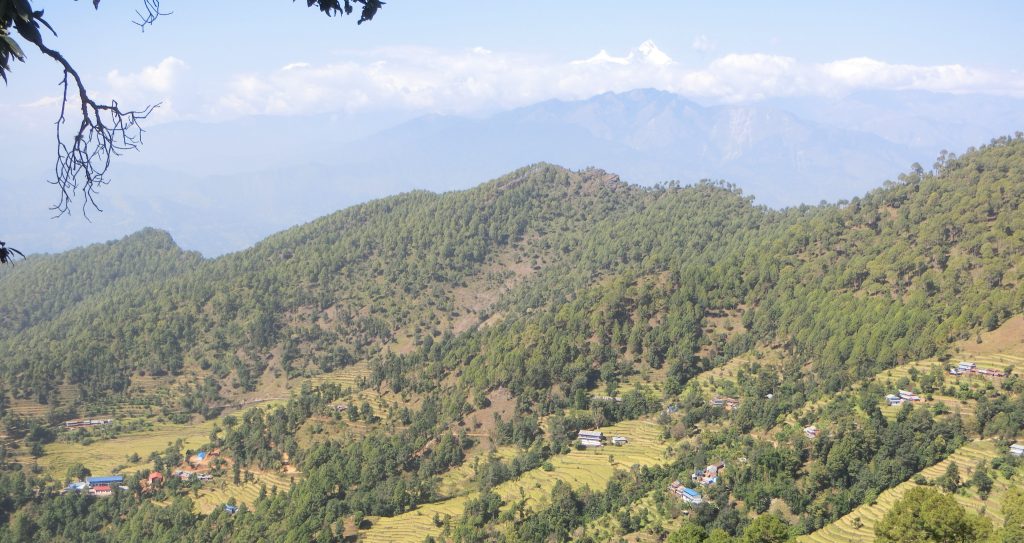
“Sometimes I think of my life and how, if I had not gone to the UK, or had not come to Japan, it would have been a completely different story.” The important thing is to try, “because we never know what can happen.”
He warns, however, that it is also worth remembering that success takes time.
The most important thing after deciding what to do, is actually sticking to it. It is true that what someone wants to do will change with time, as Dr Rijal himself can attest to given how he changed his mind while pursuing his Master’s.
But he did not leave his field.
He was previously intent on going into construction, and now he is a professor, but still within the broad field of architecture.
Why are you interviewing me?
“MDPI is a big name, with many journals. I’m wondering, why are you interviewing me, this person from a remote village?” said Dr Rijal when asked about how he felt about his success.
He explained that he still feels awed by where he is at the current stage of his life, and how he would still feel out of place when surrounded by other renowned academics at events.
Even when he became the Dean of his graduate school, he said to everyone in his speech, “I don’t know why I am here amongst all of you”.
While Dr Rijal has clearly accomplished so much in his life, there is a slightly perplexed modesty about how he sees himself: “That feeling I don’t think will ever go away.”
Giving back
While studying in Nepal, an Australian customer of his ice cream store generously funded his education. He never found out why this man did what he did, but it left an impression.
“I want to be like him,” explained Dr Rijal simply.
Having also received scholarships from the Rotary Club during his bachelors, Dr Rijal made use of these experiences to create a scholarship and build a school. Follow this link for further details: https://barpeepal.com/
